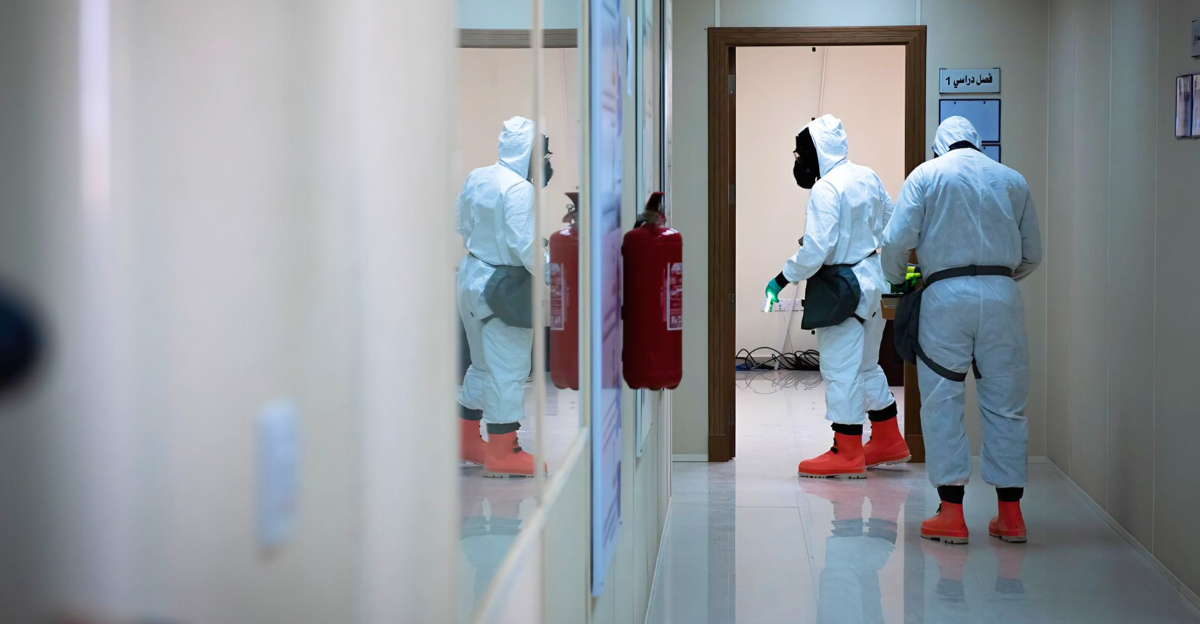
The Colossus supercomputer is one of the largest of its kind in the world, but that comes at a cost. The rapid innovation in Elon Musk’s xAI in South Memphis is attracting a lot of attention. The first concern is where Musk chose to build the facility to house the supercomputer – near the Boxtown neighborhood in South Memphis.
The National Association for the Advancement of Colored People is the latest to voice its concerns over the project. The Boxtown neighborhood is predominantly black and has a history of systemic negligence and oppression. Musk’s facility is the newest issue on the horizon and could impact the residents’ health.
Colossus
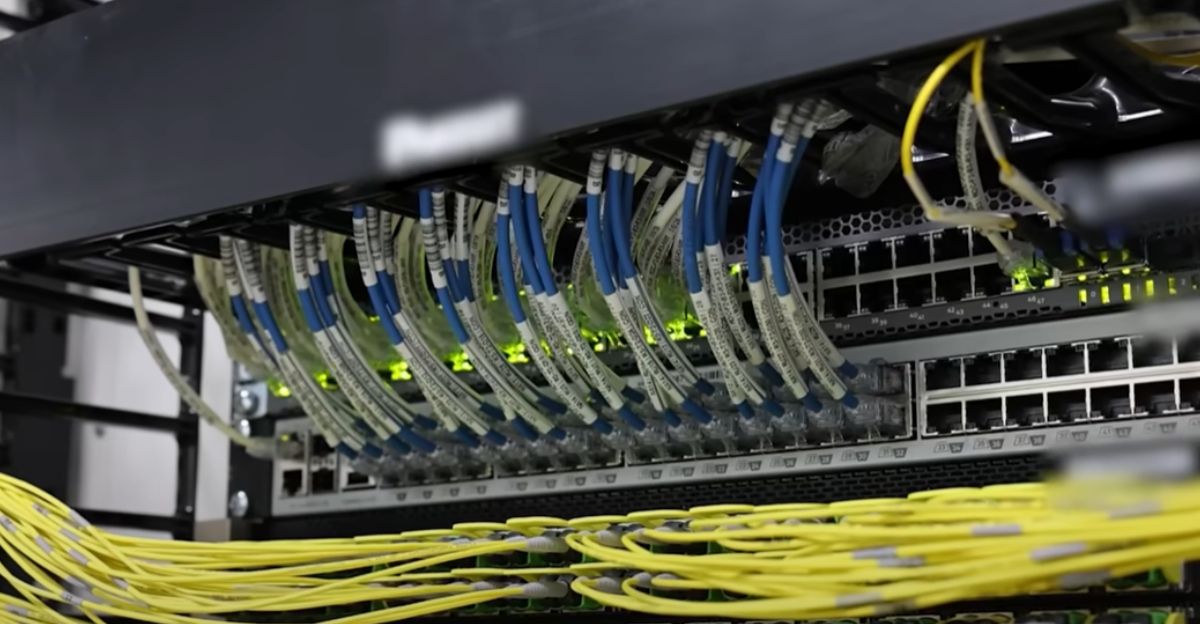
Colossus is one of the newest ventures Elon Musk is undertaking. The massive supercomputer was built by Musk’s xAI company and was a massive undertaking in itself. The supercomputer draws on the combined power of hundreds of thousands of Nvidia Graphics Processing Units and is being used to create a smarter and more efficient AI called Grok.
The scale of the supercomputer is substantial, and in order to operate, it requires an equally substantial amount of power. Despite the scale, there are plans to further increase its capacity by up to five times in the future.
Energy Consumption
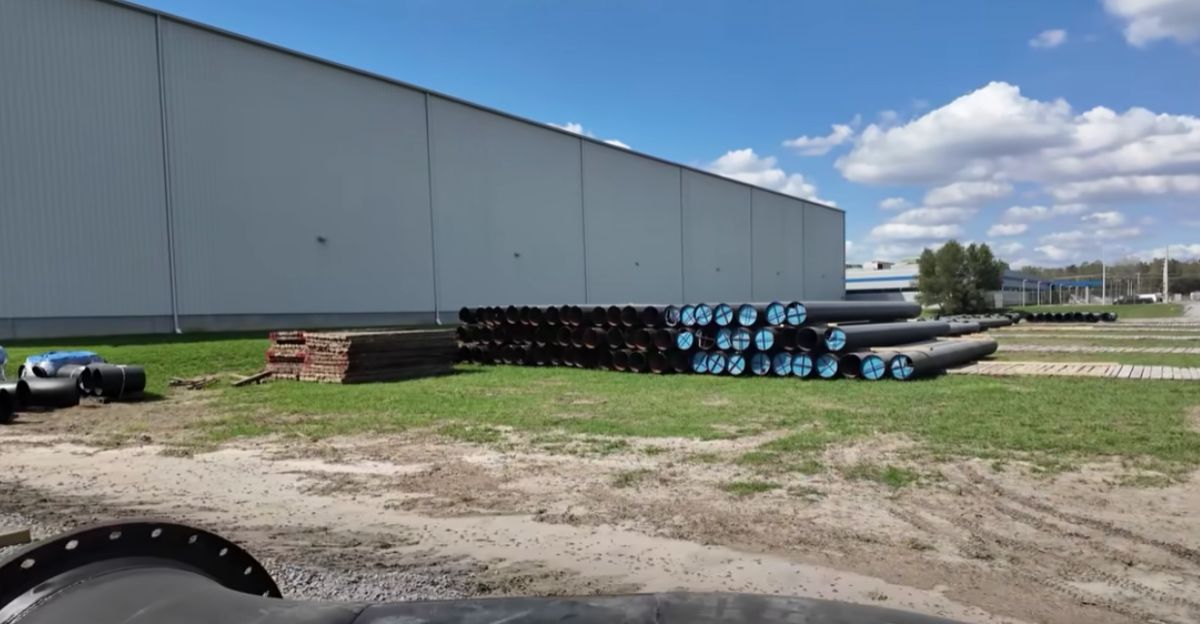
When Colossus was initially switched on, it needed a substantial amount of power – the short-term solution was dozens of gas turbines being set up. The turbines themselves pose a problem, as they use methane to run and expel harmful pollutants into the air, most notably nitrogen oxides and formaldehyde.
Studies have linked these pollutants to higher risks of respiratory problems and even cancer. The turbines were never meant to be a permanent solution, and Colossus is transitioning over to power from the main grid and Tesla batteries, but in the meantime, the nearby residents in the Boxtown neighborhood could be facing the consequences.
The Allegations
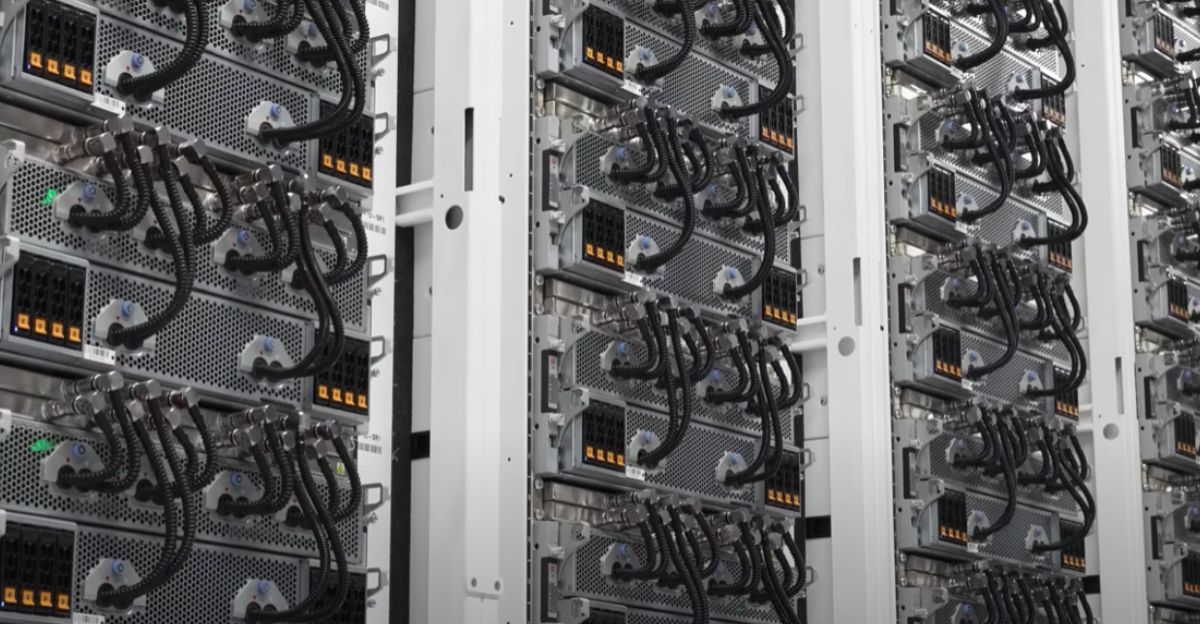
NAACP has called out Colossus and demanded its immediate shutdown due to environmental and health concerns. The 35 gas turbines allegedly started running without the required permits, as the company only applied for fifteen.
This push past what was permitted means that proper environmental and public health risks could be far higher than initially predicted, and the levels of air pollution could be elevated above the legal limits. This oversight could make local people pay the price for Colossus paving the road to innovation.
Health Concerns

The health concerns aren’t unwarranted, and data suggests that local communities living in the proximity of Colossus face a higher chance of cancer, roughly four times what the national average is. There could be other serious repercussions as nitrogen oxides and formaldehyde released into the air only exacerbate respiratory issues such as asthma and serve to deepen health disparities in an already marginalized group.
Among the increased symptoms in nearby residents are coughing, headaches, and fatigue. Proximities to gas-fired plants can also increase the rates of premature births, showing that nobody in the surrounding area is safe from potential health complications.
A History Of Disparity
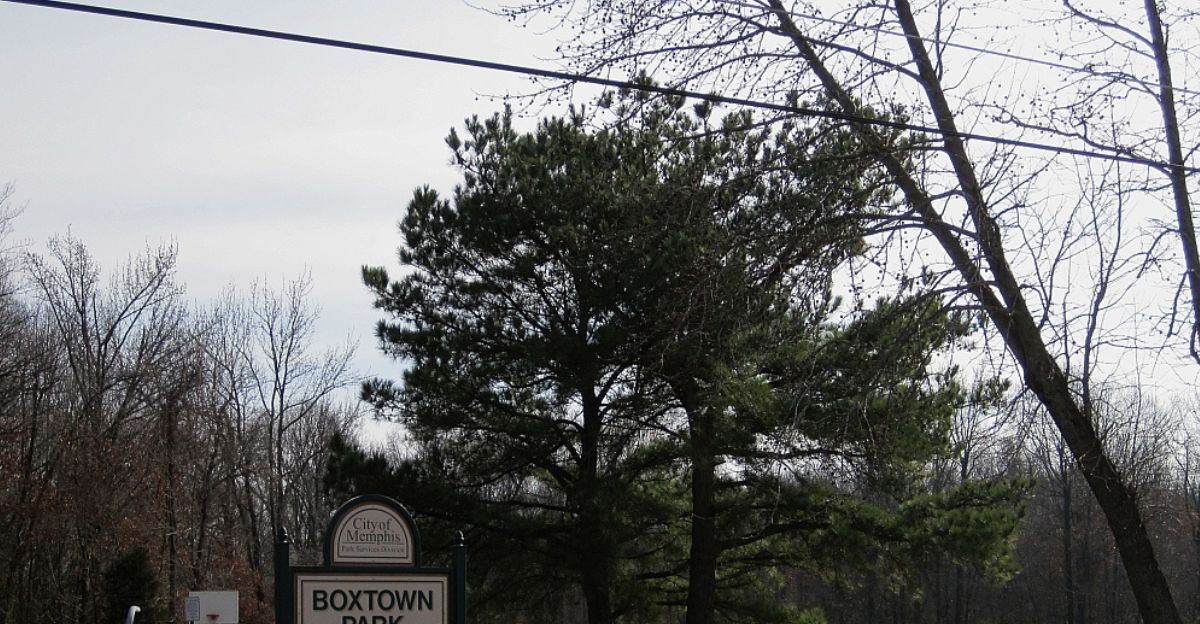
Boxtown has a history of oppression and disparity. In the past, companies have taken advantage of the area, setting up anything from oil refineries to waste incinerators, all impacting the quality of the air in the area.
Some see Colossus as just the newest chapter in systemic neglect, as input was never asked for by local residents. Innovation should never come at the expense of its community’s health, as we’ve seen happen in the past time and time again.
xAI’s Response
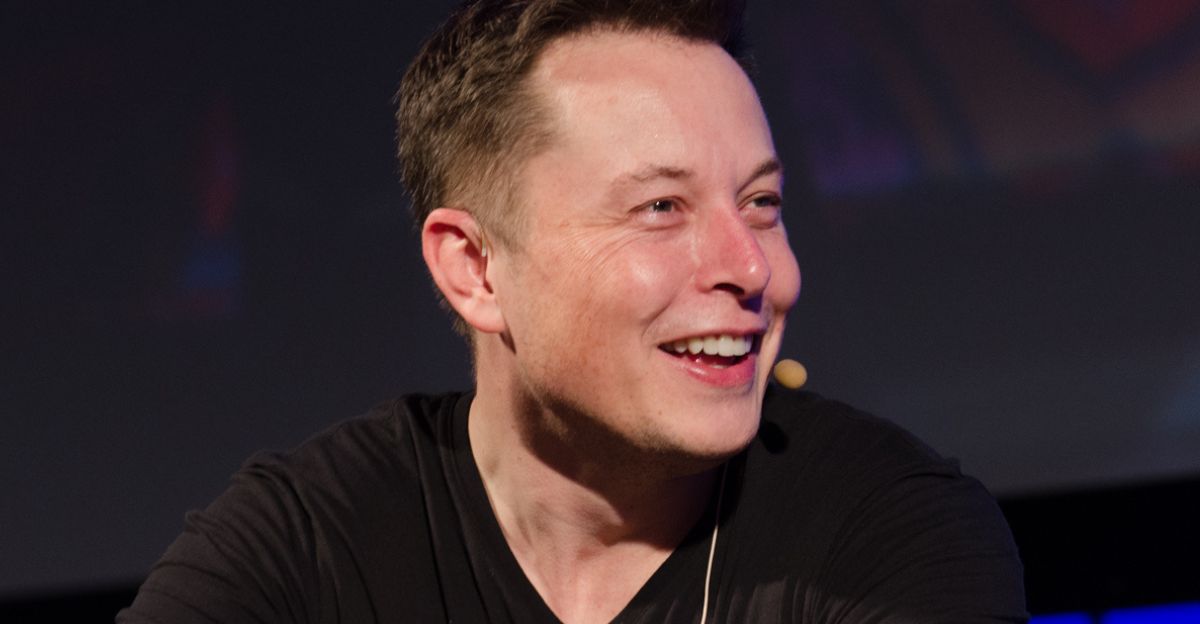
XAI has seen the complaints and has responded to them. The company denies the claims that it has extended beyond the scope of imposed regulations and laws. Of the gas turbines that are at the facility, xAI insists that no more than 15 are being operated at a time and that anymore are on standby as backups.
The company also says that it is prioritizing a quick transition to sustainable energy options, such as solar power and Tesla megapacks. xAI stated that it is monitoring the pollutant levels but hasn’t released any data from outside sources, leading many to believe that these reports are biased and not entirely trustworthy.
Regulations
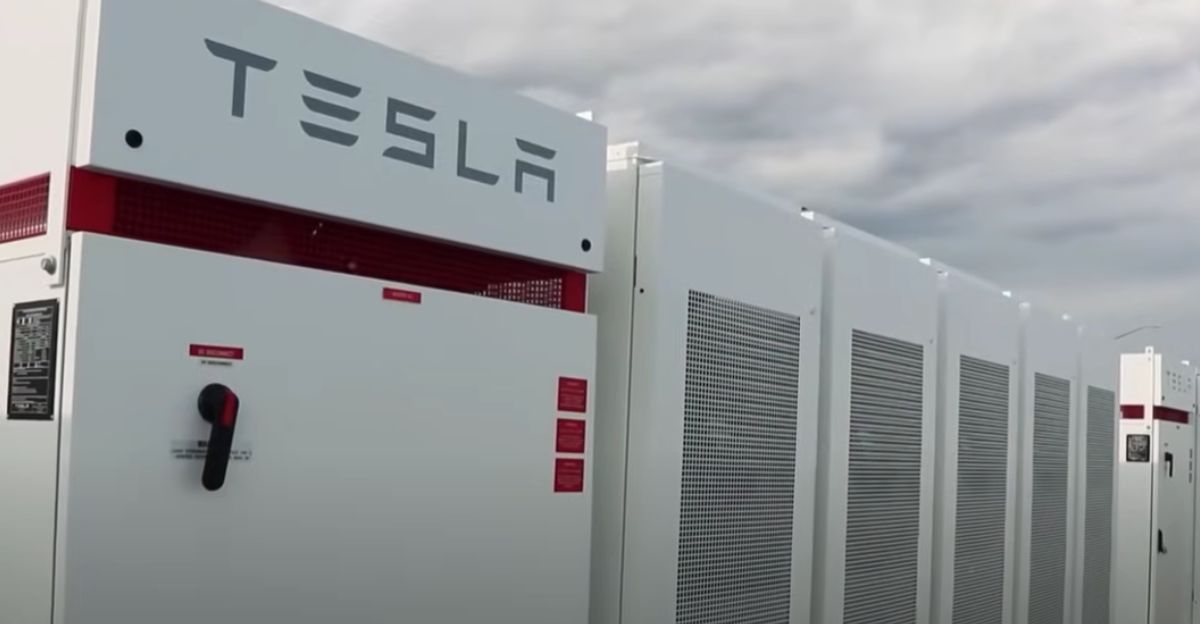
The NAACP has commented on the Shelby County Health Department and Memphis Light, Gas, and Water’s alleged oversight of Colossus. Apparently, permits were required quickly, with public hearings being limited and data on emissions not being available to residents.
NAACP wants Colossus to shut down immediately and there to be a full audit of the operations. NAACP also wants penalties to be dished out for any infractions on the Clean Air Act.
Energy And Ethics
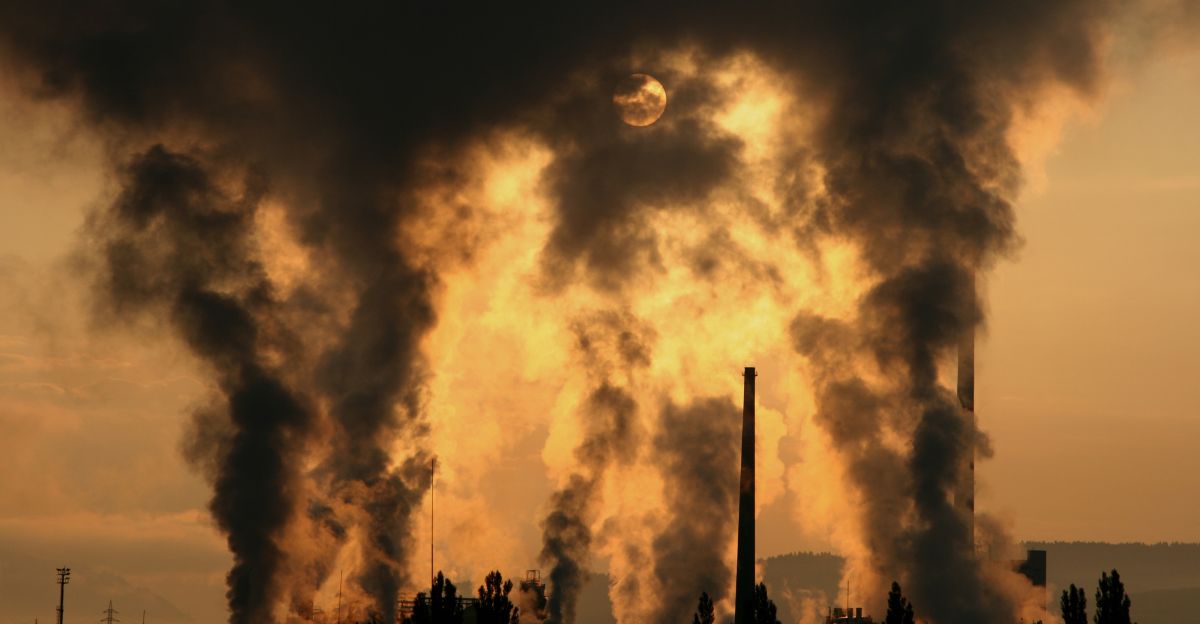
This melting pot of issues could indicate a broader trend of AI expansion, overshadowing local policies and costing nearby residents untold health expenses and complications. This is an echo of the past, as industry paved the way forward, with consequences only being apparent after the fact.
In the modern age, it is much harder for companies to get away with negligence and must face accountability. Data centers are chosen in low-income or minority neighborhoods because of cheaper real estate and more oversight. xAI might be responsible for what many are calling them out for, but without proper evidence, nothing can be done just yet.
The Future
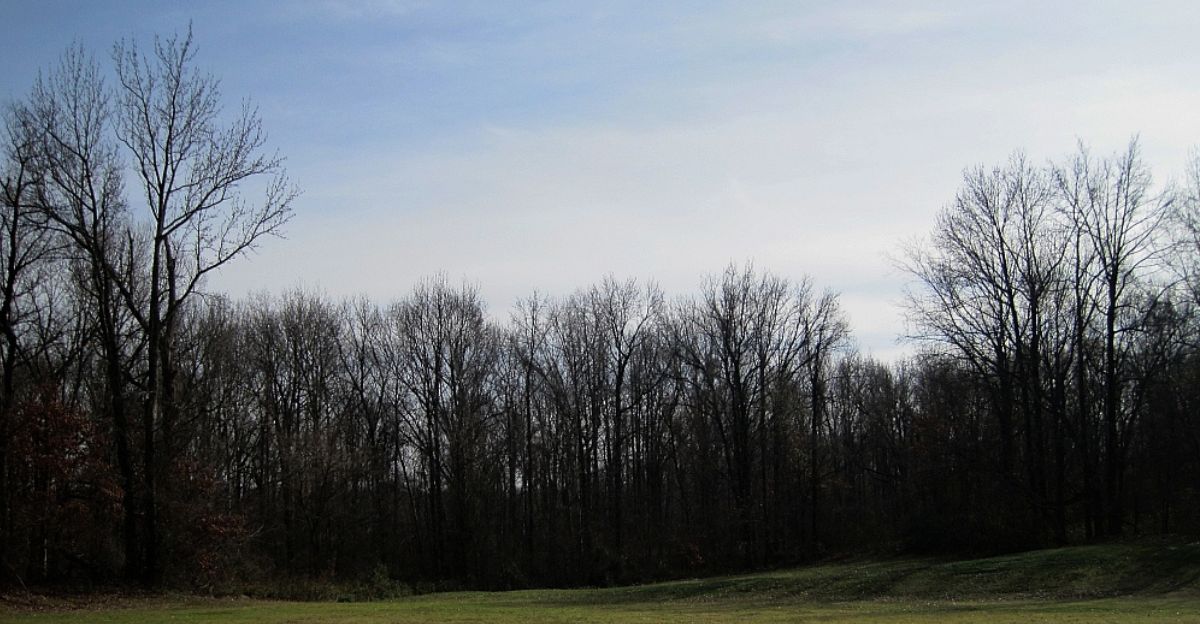
As Colossus moves forward with innovative plans, local legislators and officials are being pressured by various groups to keep a closer eye on the facility and investigate infractions. However, while actions are hindered behind red tape, residents are the ones who are suffering.
The stakes are higher than many realize, and the future of AI innovation needs to balance progress with environmental and health regulations. The cost of expansion should never be at the risk of others.